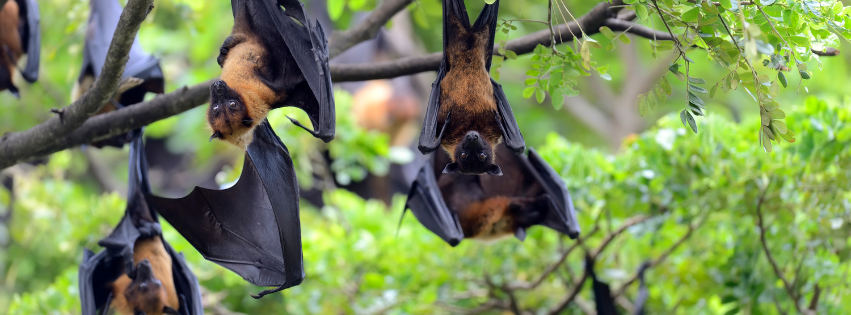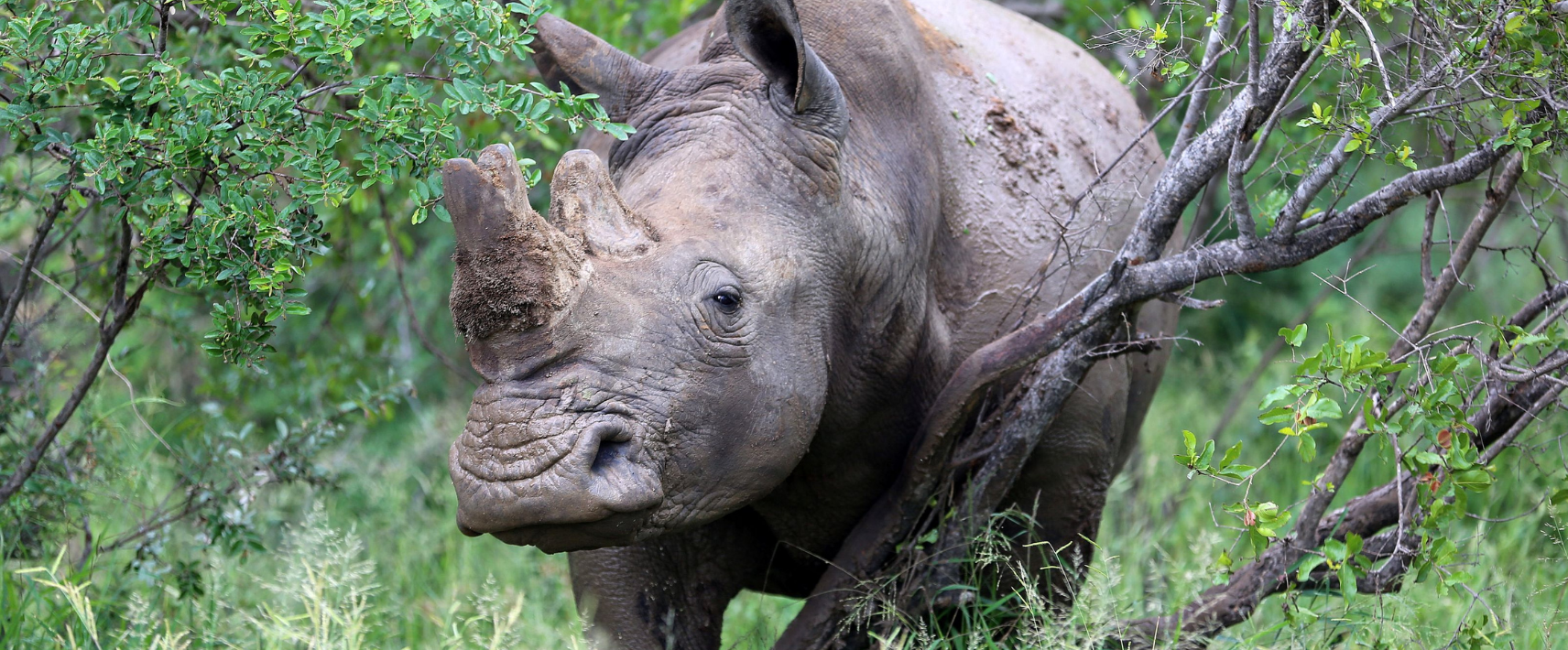SYDNEY (January 6, 2026) Humane World for Animals Australia (formerly called Humane Society International) has criticised the Crisafulli Government’s decision to reverse the former government’s phase-out of shooting flying foxes for crop protection. The animal protection charity says the move seriously undermines progress toward effective non-lethal management and brings back...
We’ve all heard the platitudes; that oceans make up 70% of the Earth’s surface, less than 5% has been explored, and that the vast majority of life abounds beneath the waves. But facts and figures we’ve heard over and over, and delivered to us in such volumes, cause an obscuring, a disconnect.
How is the human mind supposed to comprehend the fact that the ocean provides 1.332 billion square km of living space to life on Earth? The simple answer is we can’t. We will never fully understand the entity that is our oceans, and the balance, benefit and sustenance it provides. We simply could not exist, let alone survive without it. And as the seas flourish and wither, so does humankind. Our health and survival is inextricably linked with that of the ocean.
So how do we bridge that gap? How do we connect with the incomprehensible and essential? One way we can connect is through our care, sympathy and appreciation for our oceans and all of those who call her home.
Whales, dolphins, seals, birds, turtles, sharks and rays are all under tremendous levels of pressure as our impact on the oceans grow and grow. At Humane Society International we work tirelessly to conserve these animals and secure a safe home for them.
HSI’s work to protect whales is longstanding and well known. Particular highlights include the injunction issued in 2008 in by Australia’s Federal Court, against the Japanese whaling company Kyodo Senpaku Kaisha for whaling in the Australian Whale Sanctuary in Antarctica and the subsequent finding in 2015 that the company was in contempt of the Australian courts by continuing with its whaling, for which the judge issued a $1 million fine to reflect the “serious nature of the breaches” as a deterrent to other whaling vessels.
HSI’s other longstanding campaign is for the protection and conservation of Australia’s shark and ray populations with a particular focus on ending the wasteful and senseless shark culling programs still operating on Australia’s East Coast. Last year, HSI was victorious in a court case that finally ended lethal shark culling in the Great Barrier Reef. Now, we continue to exert pressure on the remaining program in Southern Queensland and the Shark Meshing Program (shark nets) in New South Wales.
One of the most intense and pervasive threats to marine wildlife in our oceans is commercial fishing. Fish populations are in decline throughout the world, and have completely crashed in many places. Fishing fleets have increased in technology and fishing intensity and many non-target animals are maimed and killed as bycatch. Up to 40% of the world’s total catch by weight is bycatch – a sobering consequence of our fishing inefficiency.
In Australia, one of HSI’s main aims is to do reduce bycatch through commercial fishing regulations and restrictions to as close to zero as possible. Some of our most notable contributions have been:
-
1995: Secured the listing of long-line fishing as a Key Threatening Process to albatross and other seabirds under Australia’s national environment law. This led to the development of the Australian Threat Abatement Plan for long-line fishing which has significantly reduced the number of albatross and other seabirds killed on longlines in Australian waters.
-
2001: Secured legal recognition in Australia for prawn trawling as a key threat to marine turtle species caught and killed in the trawl nets. Internationally, we have also used trade measures to ensure prawn fisheries worldwide used Turtle Excluder Devices to enable turtles to escape their trawl nets.
-
2001: Assisted the Australian Government negotiate the Agreement for the Conservation of Albatrosses and Petrels which has since developed best practice guidelines for the world’s fisheries to avoid seabird bycatch with our input.
-
2011: Ensured a robust Australian sea lion management strategy put in place in South Australian waters in the gillnet section of the Southern and Eastern Scalefish and Shark Fishery (SESSF). This has succeeded in ensuring sea lion mortalities from bycatch in this fishery remain low to help this threatened species recover.
-
2019: Advocated for new mitigation measures for trawl fisheries to prevent albatross bycatch, in particular the retention of the offal and other waste from fishing operations that attracts seabirds.
-
2019: Welcomed a revised strategy which tightens management measures and we hope will prevent hundreds of dolphins being killed in the gillnets of the Southern and Eastern Scalefish and Shark Fishery (SESSF) off southern Australia
On this World Oceans Day, we encourage you to reflect on how you connect with the sea, and how our society can grow, learn and continue to improve. Our survival depends on healthy oceans and healthy populations of marine life. There are many ways to show our appreciation, and at HSI we promise to continue our efforts to conserve marine wildlife
.
A marine ecologist specialising in conservation, research and outreach, Lawrence has spent years working with wildlife, the ocean and the public to engender sustainable relationships between them. He has worked as a field biologist, environmental consultant, naturalist and project coordinator with a BA from the University of San Diego, and an MSc from James Cook University. Lawrence’s work at HSI is currently focused on shark welfare and protection, specifically in regards to culling and control programs, overexploitation, and international protection.
Image: Steve Halama


